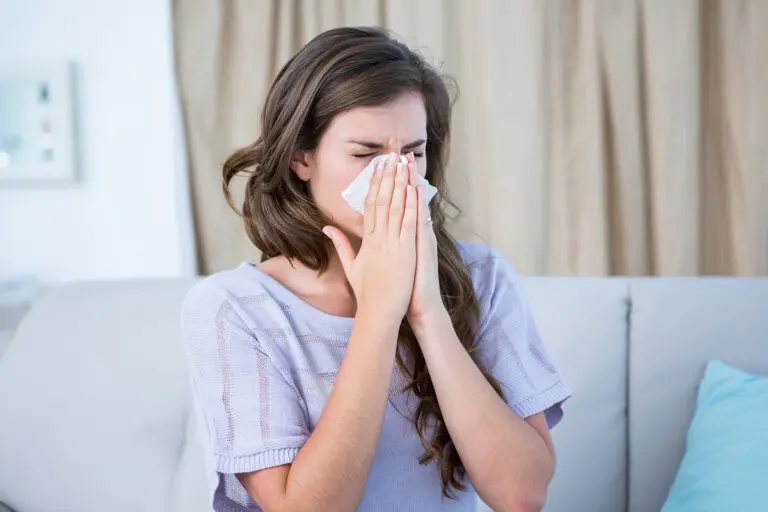Common FAQs About HVAC and Allergies
November 11, 2024

Achoo! Uh oh. Are you experiencing seasonal sneezing fits due to spring allergies? We feel your pain. Here in New Jersey, our trees generously share their pollen with us in late spring. And then when May arrives, it’s the grass pollen that takes over! All in all, it’s a cycle of yellow yuck! If you’re an allergy sufferer, you may want answers about how you can help alleviate these allergy episodes. Say no more! Air Experts is here to educate you on air filtration and help reduce those sneezing attacks.
Got Allergies? You Can Find Relief
Spring offers us beautiful blooming gardens and colorful blossoming trees. But these spring renewals can also bring us itchy eyes, runny noses, scratchy throats, and plenty of sneezing. At least it can if you’re an allergy sufferer. Here’s some information on how your HVAC might help you find relief.
What are typical spring allergy triggers?
While New Jersey in springtime is often lush and green, it can also be itchy. The most common allergy triggers start in April when tree pollen starts to coat our cars, driveways, windows, and decks. Other allergy triggers, including common indoor irritants include:
- Mold spores and mildew
- Dust and dust mites
- Pets and pet dander
- Some indoor plants
- Damp areas of the house
What can you do at home to alleviate allergies?
Even if you suffer from allergies, don’t lose hope. After all, there are certain habits you can follow to help find relief. Try these tips at the first sign of allergy symptoms:
- Vacuum and dust regularly, especially if you have pets.
- Invest in decent air filtration to capture airborne allergens (If you have questions regarding the best type for your home, call us!)
- Investigate your home for mold and have it professionally removed if found.
- Add a whole-home filtration system or a humidifier to reduce areas with moisture.
- Wash your sheets and other bedding in hot water.
- Remove shoes before coming inside.
- Wear a mask while dusting or cleaning inside your home.
Can Your HVAC Help You?
Yes! Here are four ways.
- Add an air purifier.
Whole home air filtration systems can neutralize airborne allergens and zap bacteria and more!
- Schedule regular HVAC maintenance.
A fine-tuned HVAC system will not only keep your system running efficiently all year, but it can improve your indoor air quality, too.
- Clean, clean, clean.
As we mentioned before, a clean home may lead to better breathing. Regularly vacuuming and dusting, especially for those who own pets can help eliminate certain allergens.
- Change your air filters every three months.
For the best HVAC efficiency, we recommend changing your air filters every three months (Air Experts can even do this for you when you schedule your annual AC tune-up). This will allow your system to work at its best and help save on energy costs and improve indoor air quality, too. For the very best protection against allergies, ask your technician about MERV filters. According to the Environmental Protection Agency, “this type of air filter can theoretically remove at least 99.97% of dust, pollen, mold, bacteria, and any airborne particles with a size of 0.3 microns (µm).”
Time to Spring into Comfort
If you have questions about indoor air quality and how your HVAC can help, give our pros a call today. Our team is ready to add comfort to your home this season with air conditioning service, indoor air quality checks, and any additional HVAC service you may need.
